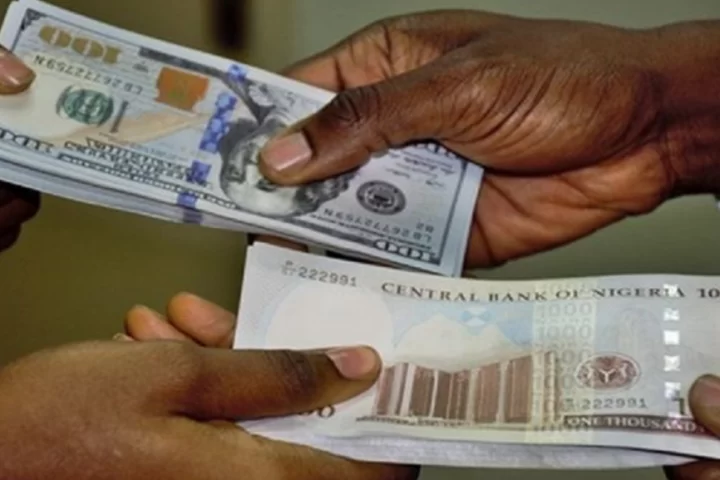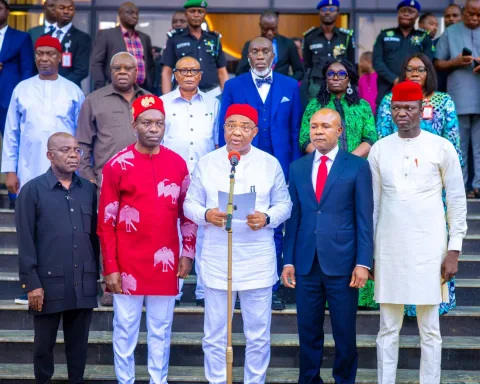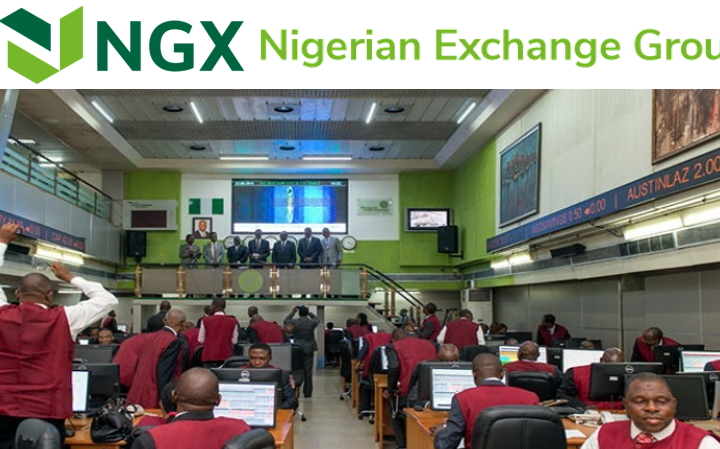Inflation Pressure Eases Due to Central Bank Policies
Governor of the Central Bank of Nigeria (CBN), Olayemi Cardoso, says inflationary pressure has started dropping, due to the central bank’s policy measures aimed at reducing the current inflation rate of 33.69%.
He made this announcement during an interview with Bloomberg TV in London, emphasising the positive impact of recent monetary policy tools.
Join our WhatsApp Channel“We have observed a deceleration in month-on-month inflation rates, which is a positive sign,” Cardoso said. “The Monetary Policy Committee (MPC) sees inflation as a major impediment to Nigeria’s future and will do everything possible to keep it in check.”
Forex Inflows and Naira Stability
Cardoso revealed that Nigeria recorded a total foreign exchange inflow of about $24 billion in the first quarter of 2024, a significant increase from previous quarters. This surge, he noted, is a result of various measures taken to stabilise the naira and attract foreign inflows.
“In terms of liquidity, especially on the foreign exchange side, we have seen an increase. The first quarter of this year has resulted in a total inflow of about $24 billion,” Cardoso explained. “This is almost 50% more than the quarters up to 2021.”
Positive Impact of Monetary Policies Over Inflation
Since assuming office in September 2023, Cardoso has implemented several steps to restore orthodox monetary policy, addressing the complex issues of inflation, foreign inflows, and currency stabilisation.
These measures include increasing interest rates by 750 basis points to 26.25%, clearing a $7 billion foreign exchange backlog, and overhauling exchange rate policies.
Addressing Public Concerns Over Inflation
READ ALSO: Nigeria’s Inflation Crisis: Economy On The Brink Of Collapse?
Despite these efforts, Nigerians are concerned that the policies have not yet resulted in lower prices for basic commodities, amid widespread hunger.
Cardoso acknowledged these concerns, stating that while the situation is improving, the full impact of the policies will take time to manifest.
“The MPC is determined to ensure that they put inflation in control,” Cardoso reassured. “So far, there’s a deceleration in inflation rates, which is good news.”
Future of Monetary Policies
When asked about the future direction of monetary policies, Cardoso indicated that the MPC would continue to monitor data closely to determine the necessity of further interest rate hikes.
“Data will direct whether they see further hikes or not. The MPC is independent and deals with data, so decisions will be based on what they see at a particular time,” he noted.
Analyst Criticism
An analyst criticised the projection, arguing that the assessments should reflect the views of the average Nigerian. Professor Segun Ajibola from Babcock University pointed out that the true measure of success lies in the affordability of necessities and overall quality of life.
“The man on the street should give this type of assessment, not the governor,” Ajibola said. “The quality of life is measured by the affordability of necessities, security, and a better future, which are still deficient in the country.”
Efforts to Increase Forex Liquidity
Cardoso also discussed efforts to increase forex liquidity, highlighting the role of diaspora funds. A committee has been set up to facilitate more inflow of diaspora funds into the official FX market, which has begun yielding positive outcomes.
“We’ve had a recognition of the huge role the Nigerian diaspora plays in remitting money into the system,” Cardoso explained. “We set up a committee to double the amount of foreign exchange inflow coming from the international monetary operations.”
Exchange Rate Stability
The governor expressed optimism about the relative stability enjoyed in the exchange market, noting that the worst is over for the naira’s fluctuations.
“We believe that we have seen the worst in terms of volatility. There was a lot of fear, panic, loss of confidence, and trust when I assumed office in September 2023. It was important to address those issues. We are relatively pleased with the progress made in stabilising the naira,” Cardoso stated.
Future Prospects
Cardoso concluded the interview by emphasising the continued vigilance of the MPC in monitoring inflation trends and ensuring the effectiveness of their policies.
“We believe that continuing on this trajectory will increase liquidity in our market,” he said. “The tools are having a positive impact, and we remain committed to ensuring a stable economic environment.”
Emmanuel Ochayi is a journalist. He is a graduate of the University of Lagos, School of first choice and the nations pride. Emmanuel is keen on exploring writing angles in different areas, including Business, climate change, politics, Education, and others.



















Follow Us